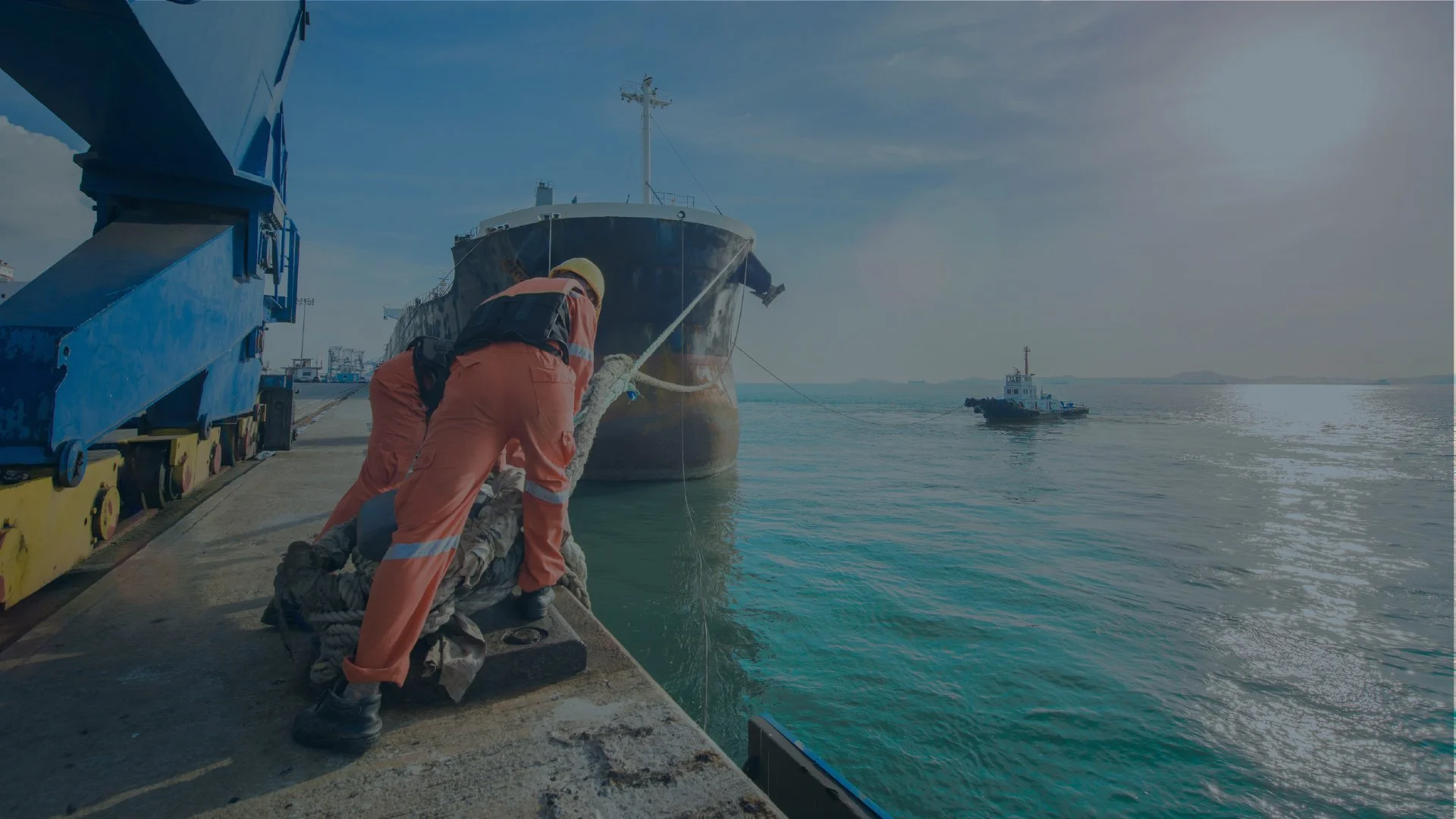
Keeping Crew, Customers and Assets Safe
The world of international logistics is not immune to the threats of terrorism, piracy, and trafficking of illegal goods. WSC members take these threats seriously and implement detailed plans and procedures to ensure safety and security. We support a collaborative government-industry approach to enhance security whilst maintaining the timely flow of legitimate commerce.
An important role of our Safety & Security Council is to analyse, propose and implement measures at the national, regional and international level for the enhancement of the security of ports, vessels, cargo and personnel.
Ever since 9/11/2001 governments around the world have sought to prevent transport and trade from being infiltrated by terrorism and protect societies against other threats like the movement of illicit goods. It is vital that the systems governments have in place are effective and up to that challenge while at the same time facilitating the flow of legitimate trade and business.
International liner ships and port facilities must comply with the International Ship and Port Facility Security (ISPS) Code which requires that each vessel whose flag state is a party to the IMO Convention for the Safety of Life at Sea (SOLAS) implements a ship security plan.
Governments also want to know about the cargo that is moving across their borders. Knowing accurately who is moving what cargo, to whom, and from where, enables governments to focus their resources efficiently to counter any threats and at the same time permit legitimate trade to pass unimpeded.
Since 2001 WSC has been working in partnership with jurisdictions like the US and the EU to set up the necessary IT systems and legal frameworks to establish effective supply chain security. These systems do not rely exclusively on the advance cargo security information that can be provided by shipping lines, but also obtain data from across the supply chain including importers, manufacturers and freight forwarders who have access to more information about the goods.
The most effective advance cargo information systems follow the requirements agreed by governments and industry in the World Customs Organization’s (WCO) SAFE Framework of Standards which establish how precise information can be obtained efficiently from the party holding the information without breaking business confidentiality or disrupting business roles.
WSC and member carriers also work closely with individual jurisdictions on voluntary trusted trader programmes like the Customs Trade Partnership against Terrorism in the United States (CTPAT), or the EU’s Authorized Economic Operator system (AEO) all of which underline the importance of governments and trade bodies working together to build the most effective defenses for citizens and legitimate trade.


